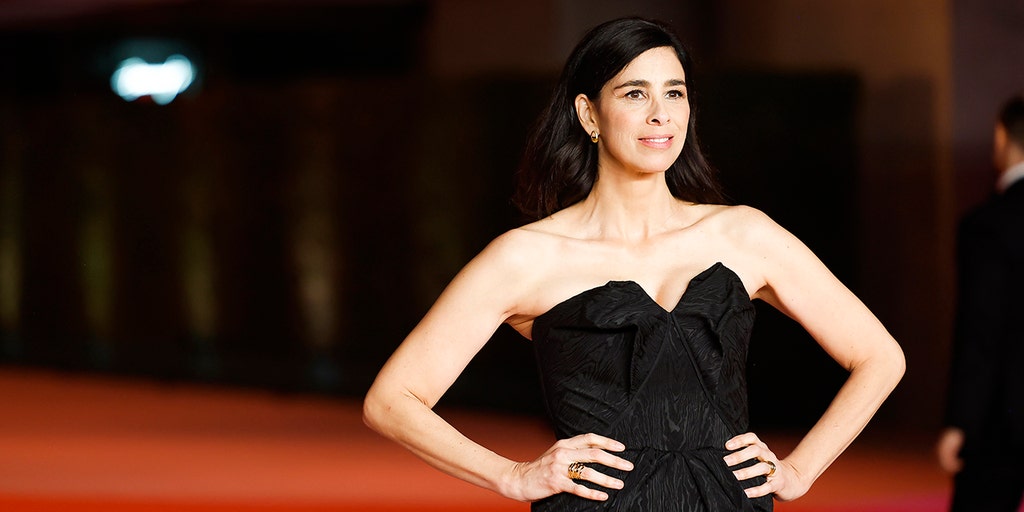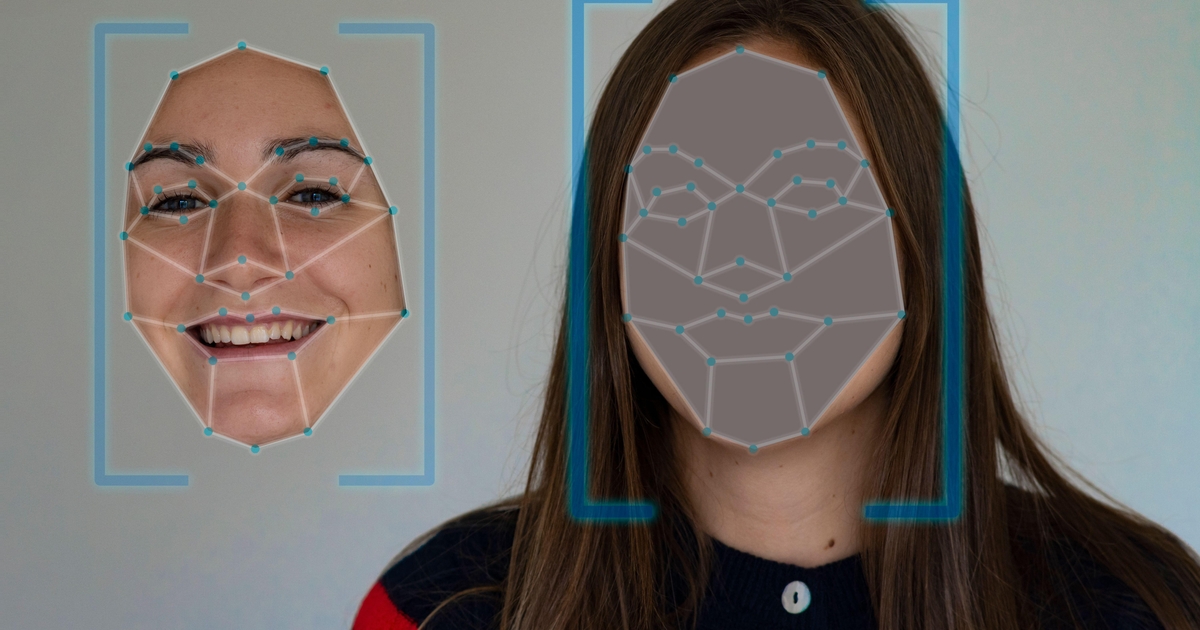AI expert Marva Bailer shares insights on Sarah Silverman and other authors’ legal action against OpenAI, emphasizing that the issue extends beyond mere financial concerns.
The lawsuit filed by Sarah Silverman, Richard Kadrey, Christopher Golden, and Paul Tremblay against OpenAI, the entity responsible for ChatGPT, has encountered obstacles in court. The authors allege that OpenAI utilized their literary works without permission to develop advanced language models designed to mimic human conversation for various automated tasks.
Recently, a federal judge dismissed several claims from the lawsuit, including vicarious copyright infringement, negligence, and unjust enrichment.
Marva Bailer, an AI specialist, conveyed to FOX Business that similar legal disputes are likely to arise in the future.
Bailer elaborated on the core argument of the case, pointing out the challenge of establishing a connection between the input provided to OpenAI and the resulting output to determine if any copyright infringement occurred.
The vicarious copyright infringement claim suggests that the answers generated by OpenAI’s ChatGPT are potentially derived from copyrighted material, such as Silverman’s book “The Bedwetter” and Tremblay’s “The Cabin at the End of the World.” However, the court ruled that the plaintiffs did not sufficiently demonstrate the similarity between the outputs and their original works, leading to the dismissal of this claim.
Moreover, the dismissal of a claim under the Digital Millennium Copyright Act, which pertains to copyright management information, was supported by the judge’s observation that references to the authors’ names were retained in the ChatGPT outputs.
Bailer highlighted the complexity of the Fair Use Act argument, emphasizing the need for authors to establish a clear link between the alleged copyright infringement and any resulting financial losses.
The lawsuit also addressed claims of creating and distributing derivative works, negligence, and unjust enrichment, all of which were dismissed due to insufficient evidence or legal grounds.
However, the judge upheld the unfair competition claim, suggesting that OpenAI’s actions could potentially constitute unfair practices under California’s Unfair Competition Law.
The plaintiffs have the opportunity to amend their complaint by March 13 and pursue the unfair competition claim further.
Bailer underscored that the lawsuit is more about asserting control and maintaining consistency over one’s intellectual property rather than solely seeking financial compensation. She emphasized the need for patience and foresight in navigating the evolving landscape of AI technology and its implications for creators like Silverman and other prominent figures in the entertainment industry.










